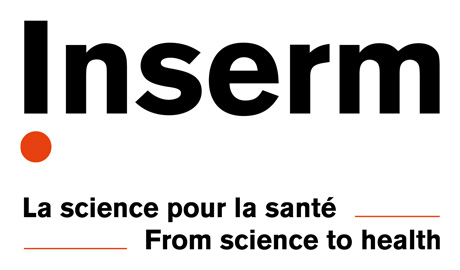





Type of contract CDD
Location Paris,
Statut Available
Key Words
Details of the offer
Type of job
Type of contract CDD
Application deadline
Employment start date
Contact
Please send an email to Florent Meyniel and Alexander Paunov:
Applications will be considered on a rolling basis (positions will remain open until filled).
KEY WORDS | 7T MRI, computational modeling, neuroscience |
CITY | Paris |
COUNTRY | France |
DETAILS OF THE OFFER | Working place: INM / NeuroSpin Missions: Deep phenotyping of learning and decision-making 7T MRI, MEG & computational modeling Learning and decision making are intertwined processes in many everyday situations. One example is when you decide where to have lunch: should you go to the nearby coffee shop or to the university cafeteria? Learning depends on choice, because you can learn which option you prefer by trying each option repeatedly, and decision making depends on learning, because you eventually want to select the option you have learned you like best. Uncertainty plays a key role in both learning1–4 and decision making5, especially when the environment is not stationary (e.g., a new brand now runs the nearby coffee shop and you like it less). In the CEA-funded EXPLORE+ collaborative project, we are interested in characterizing the neural representation of uncertainty6–8 and value that emerge from learning and guide decisions. Our approach follows a deep phenotyping approach, attempting to characterize each subject with a large multimodal dataset. We collected data from 16 participants who participated in one behavioral session, two 7T fMRI sessions, and two MEG sessions. The large number of trials allows us to estimate and test different computational models of the decision and learning processes. The 7T MRI and MEG data provide access to the topographical organization of neural representations and their dynamics, respectively, to better understand learning and decision making. One postdoc is currently working on the fMRI data, and we are looking for another postdoc for the MEG dataset. Both postdocs will work together to perform analyses informed by both modalities. The EXPLORE+ project will continue with another previously funded project called BrainSync, which will collect data from 11.7 fMRI and intracranial recordings using the same task, providing an opportunity to extend the current work. Qualifications: Ph.D. in neuroscience, machine learning or psychology, with good programming skills (ideally Python). Previous experience with ideally MEG, EEG or alternatively fMRI, computational modeling. You will be responsible for data analysis (mainly MEG, also fMRI-MEG in collaboration with Alexander Paunov, postdoc working on the fMRI part) and dissemination of results in internal seminars, international conferences and journal articles. The working language of the lab is English. French is not required. |
TYPE OF JOB | Postdoc |
TYPE OF CONTRACT | CDD (temporary / 2 years) |
REMUNERATION | According to CEA standards. According to experience. |
APPLICATION DEADLINE | 1 JAN 2025 |
EMPLOYMENT START DATE | 1 JAN 2025 |